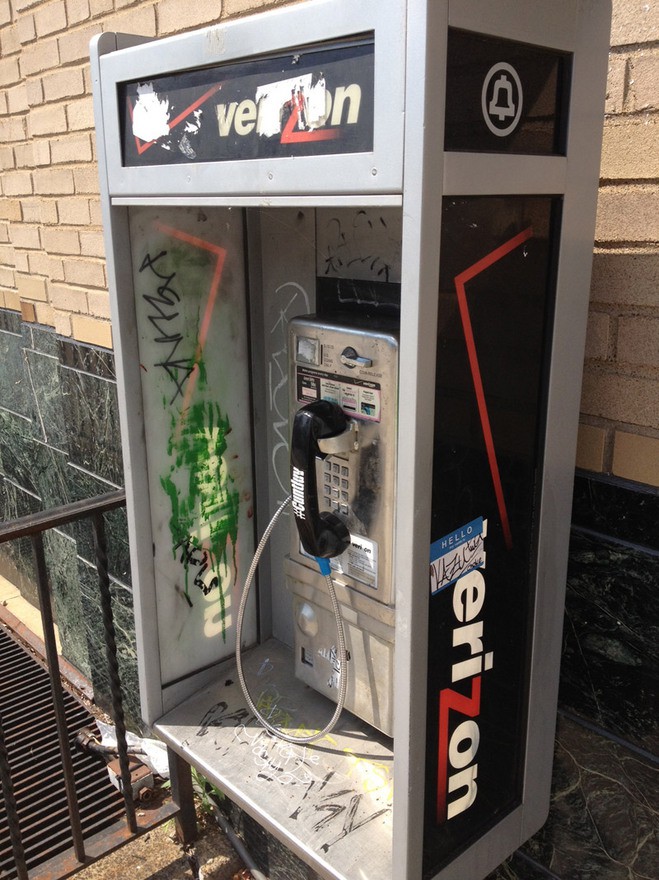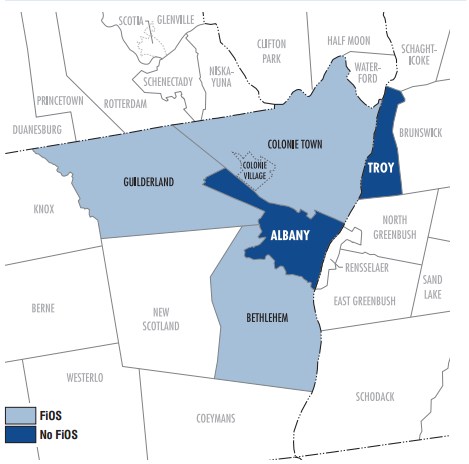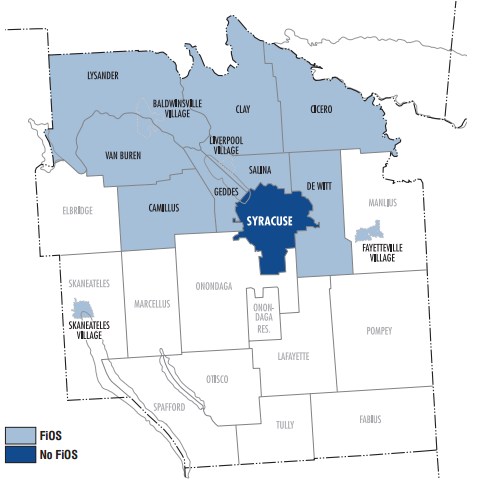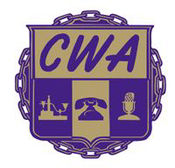 Time Warner Cable is alerting customers in upstate New York they are next in line for a gradual transition away from analog cable television service.
Time Warner Cable is alerting customers in upstate New York they are next in line for a gradual transition away from analog cable television service.
But unlike the near-complete switch to digital affecting many customers in Maine, the cable operator plans a less jarring shift in New York, beginning with switching 4-7 channels to digital format between Oct. 10-17.
Time Warner will also introduce New York customers to the company’s digital transport adapter (DTA). The digital adapter was designed for televisions currently direct connected to cable without a set top box. Time Warner’s DTA will convert digital signals to standard definition analog, so customers can get back the channels they lost in the digital switch without the monthly expense of a traditional set top box.
Time Warner plans to offer its New York customers free DTA equipment until the end of November, 2013 — after which the boxes will cost 99 cents a month. (Time Warner’s DTA website claims the boxes will be available without cost until the end of 2014.)
Customers using DTA equipment will not be able to use them to watch premium channels, but will get back any basic channels that were previously converted to digital-only format and those channels switched in the future.
The channels being dropped from analog service vary in each upstate city. Time Warner is notifying customers by mail about the specific channels that will be dropped in each area, but here is a rough breakdown:
Rochester: CMT, C-SPAN, EWTN, Golf Channel, Lifetime Movie Network*
Buffalo: C-SPAN, EWTN, CFTO (CTV), E!*, CNN International*, OWN*, WXPJ (Ion)*, Discovery Fit and Health*
Syracuse: CMT, C-SPAN, EWTN, Golf Channel, Lifetime Movie Network, OWN, truTV
(*)-Not in all areas.
Time Warner Cable previously announced it was committed to discontinuing analog cable television service across its national footprint within the next four years.
In a separate announcement, all Time Warner Cable customers will see the addition of more Fox programming thanks to a recent contract renewal agreement. Fox Business Network, and its HD companion channel, will now be a part of Time Warner’s Standard tier (although the channels will continue to be in the digital format). Fox Movie Channel, previously part of the mini-pay Movie Pass tier will be moved to the Digital Basic Tier. These changes are scheduled to occur Oct. 31.


 Subscribe
Subscribe












